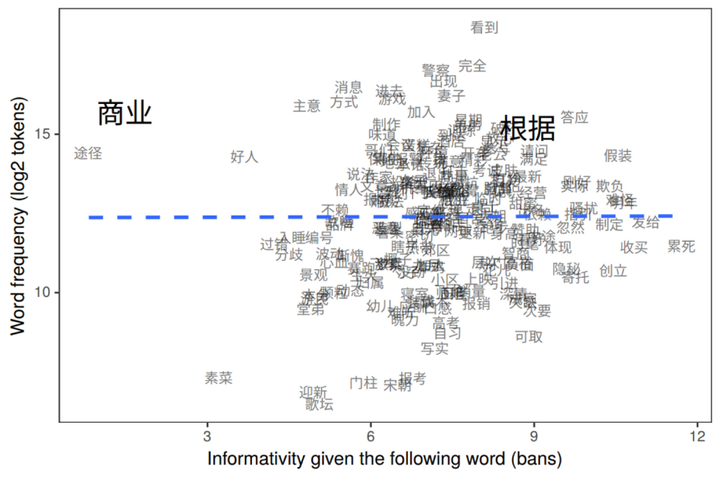Prosody leaks into the memories of words

Abstract
The average predictability (aka informativity) of a word in context has been shown to condition word duration (Seyfarth, 2014). All else being equal, words that tend to occur in more predictable environments are shorter than words that tend to occur in less predictable environments. One account of the informativity effect on duration is that the acoustic details of probabilistic reduction are stored as part of a word’s mental representation. Other research has argued that predictability effects are tied to prosodic structure in integral ways. With the aim of assessing a potential prosodic basis for informativity effects in speech production, this study extends past work in two directions; it investigated informativity effects in another large language, Mandarin Chinese, and broadened the study beyond word duration to additional acoustic dimensions, pitch and intensity, known to index prosodic prominence. The acoustic information of content words was extracted from a large telephone conversation speech corpus with over 400,000 tokens and 6000 word types spoken by 1655 individuals and analyzed for the effect of informativity using frequency statistics estimated from a 431 million word subtitle corpus. Results indicated that words with low informativity have shorter durations, replicating the effect found in English. In addition, informativity had significant effects on maximum pitch and intensity, two phonetic dimensions related to prosodic prominence. Extending this interpretation, these results suggest that predictability is closely linked to prosodic prominence, and that the lexical representation of a word includes phonetic details associated with its average prosodic prominence in discourse. In other words, the lexicon absorbs prosodic influences on speech production.